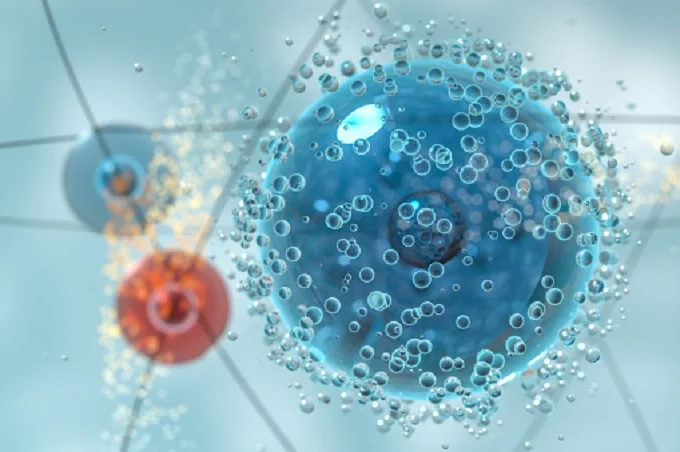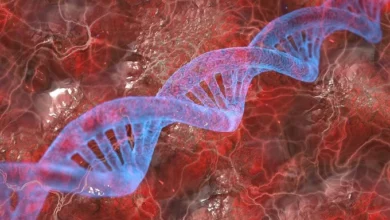Nanobodies could become the most effective weapon in the fight against Covid-19, study finds

Nanobodies developed by German researchers from alpaca antibodies have shown high abilities to block SARS-CoV-2, according to a study published by the EMBO Journal. The discovery could contribute significantly to the fight against the Covid-19 pandemic and possibly other viral infections.
Single-domain antibodies, also known as nanobodies, have been investigated by scientists at Germany’s Georg-August University in Göttingen, Lower Saxony, as a tool to neutralize the SARS-CoV-2 coronavirus, according to study results published in the Journal of the European Molecular Biology Organization (EMBO Journal).
The nanobodies, which represent fragments of the classical antibody and are about 10 times lighter than most common antibodies, use the same mechanism of action against viruses.
Like traditional, heavier antibodies, these tiny proteins are able to latch onto infectious agents to block the virus’ receptor-binding domain, preventing the virus from binding to healthy cells.
30,000 times more effective
In the study, researchers immunized three alpacas, mammals from the camelid group, against Covid-19 so that the animals would produce single-domain antibodies resistant to the spike protein SARS-CoV-2, reports the EMBO Journal.
After isolating blood from the alpacas and analyzing nearly a billion different nanobodies, the scientists were able to select the 45 molecules that were most effective at neutralizing SARS-CoV-2 and preventing its spread into human cells. According to scientists, these include nanobodies that can withstand 95°C.
The study authors also applied a method of constructing different structures from the single-domain antibodies, including tandems, composed of two identical nanobodies, and triads comprising three similar domains, the scientific journal reports.
It turned out that due to a structural symmetry with three binding domains to the SARS-CoV-2 receptor, the triad of nanobodies has 30,000 times greater neutralization capabilities of the new coronavirus than a single antibody. In addition, the scientists found that these complex structures remain in the body longer, which also increases the therapeutic effect.
According to the researchers, a minimal number of nanobodies have high deactivation capabilities for all currently identified strains of SARS-CoV-2.
“We constructed nanobody tandems and identified nanobody monomers that are resistant to the K417N/T, E484K, N501Y, and L452R mutations found in the Alpha, Beta, Gamma, Epsilon, Lota, and Delta/Kappa variants [of the coronavirus, ed.],” the researchers report.
Because the nanobodies are stronger and easier to grow than conventional antibodies, scientists have high hopes for the rapid development of anti-Covid drugs and vaccines from these tiny antibodies, the journal notes.
Camelids to the rescue of the planet
The first single-domain antibodies were developed from heavy chain antibodies discovered in camelids. Camelids are the only mammals that, besides the classical heavy and light chain antibodies, also have antibodies made up of heavy chains only.
This discovery, first described in the journal Nature in 1993, has opened up new perspectives for scientific research, particularly aimed at developing more effective medical treatments.
Camelids, such as llamas and alpacas, are now the subjects of multiple studies. Thanks to their unique natural immunity, they could contribute to the fight against Covid-19 and other viral scourges.
S2H97, a “super” antibody
Common antibodies remain in the sights of scientists who do not stop looking for new solutions to the problems of the new coronavirus pandemic.
According to a July 2021 report in the journal Nature, U.S. researchers at the Fred Hutchinson cancer research center (FHCRC) in Seattle have successfully identified an antibody that can neutralize different strains of SARS-CoV-2 also other types of coronavirus in the sarbecovirus subgenus.
The study’s authors hope that this S2H97 antibody dubbed a pan-sarbecovirus antibody or “super” antibody, may help develop new pan-sarbecovirus vaccines to protect against multiple viruses simultaneously, the scientific journal found.




